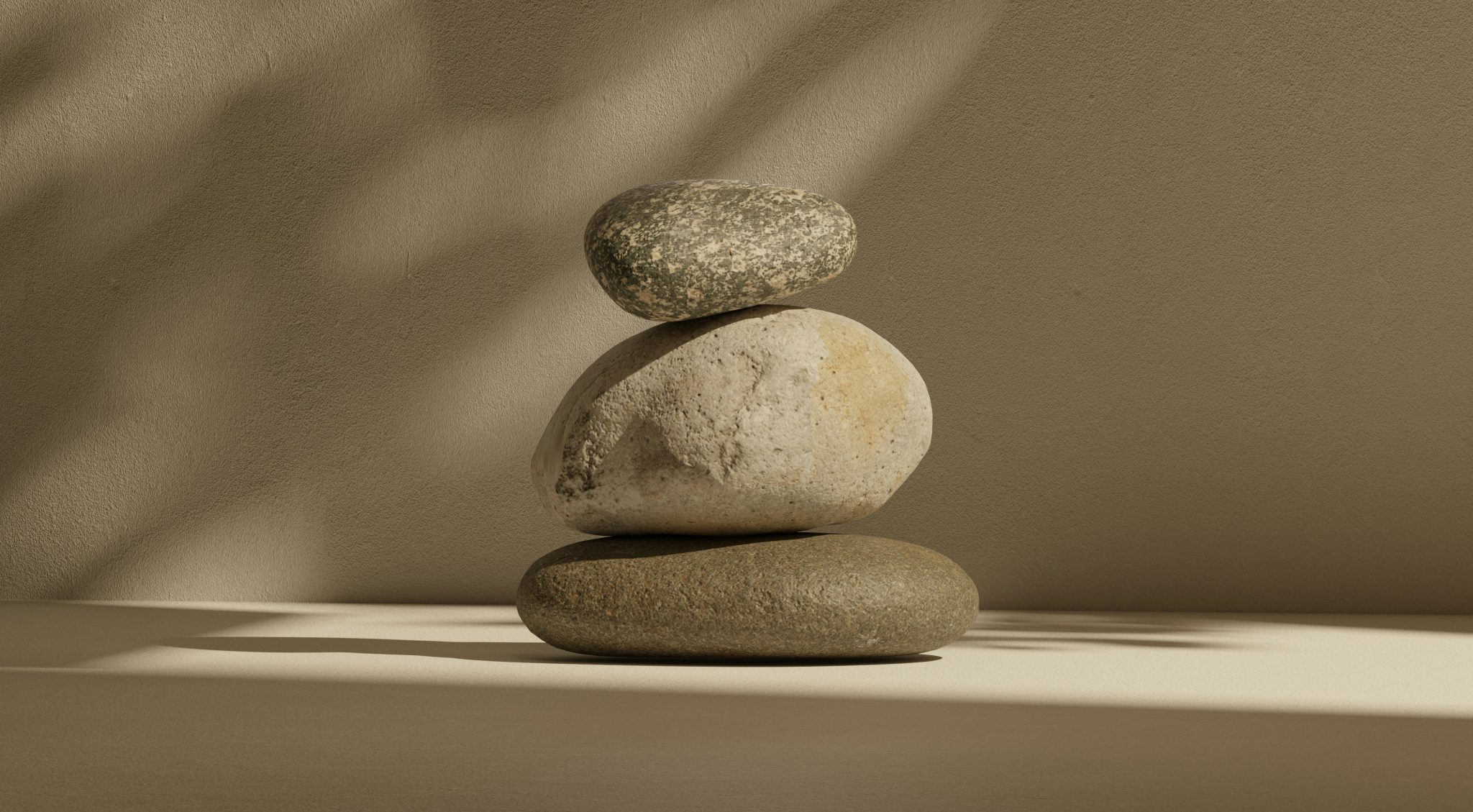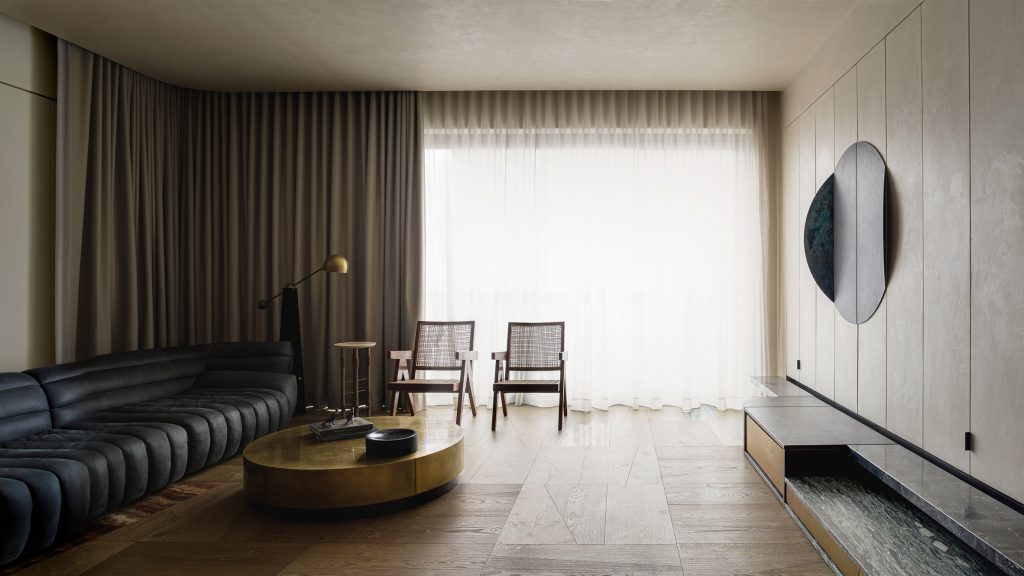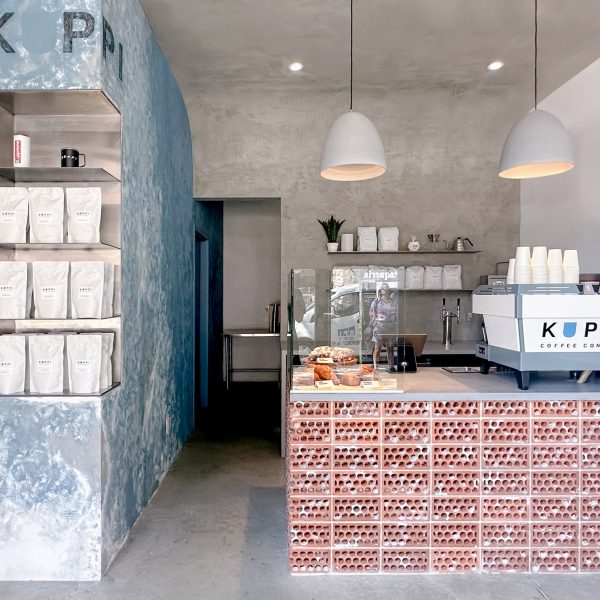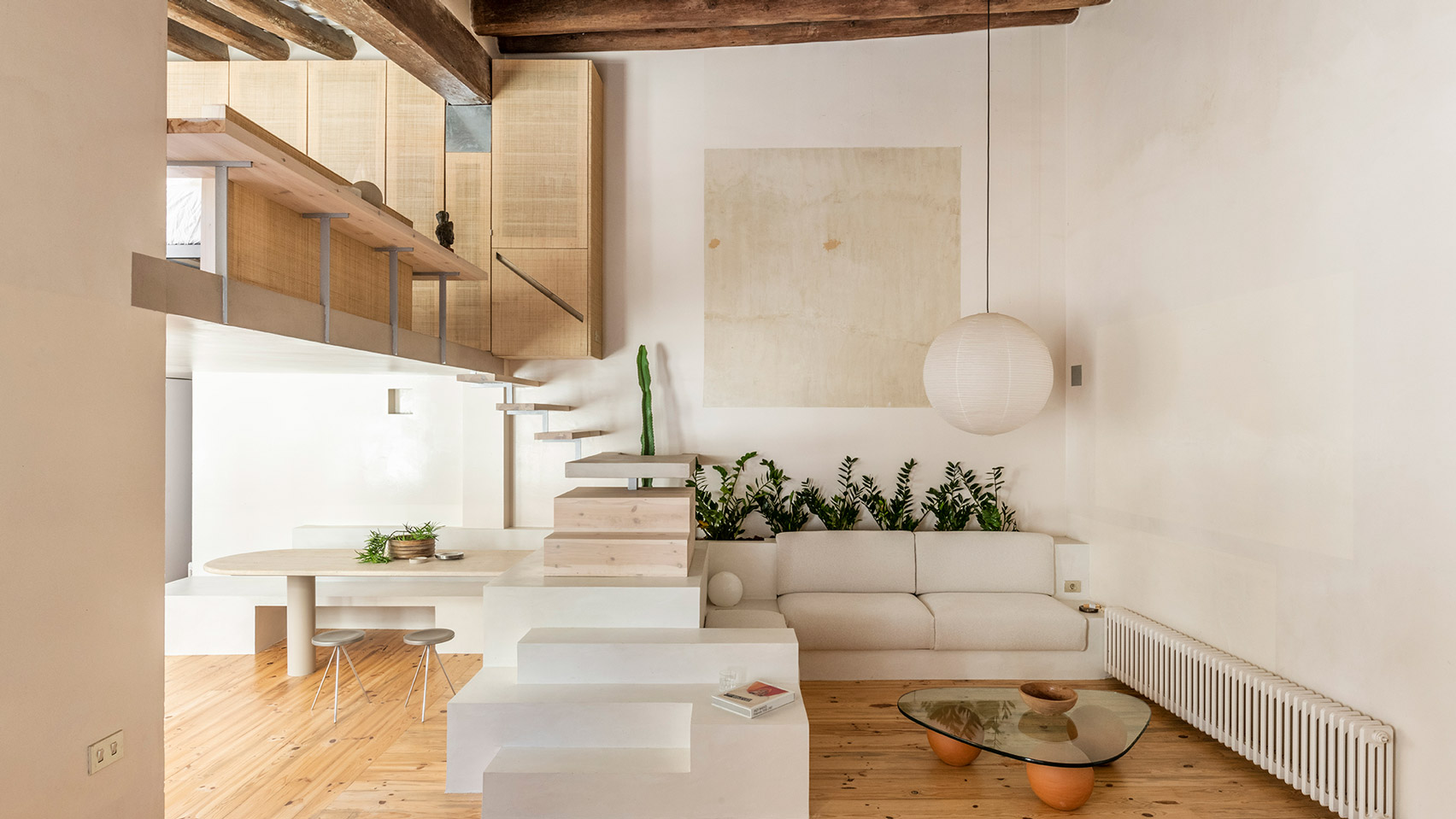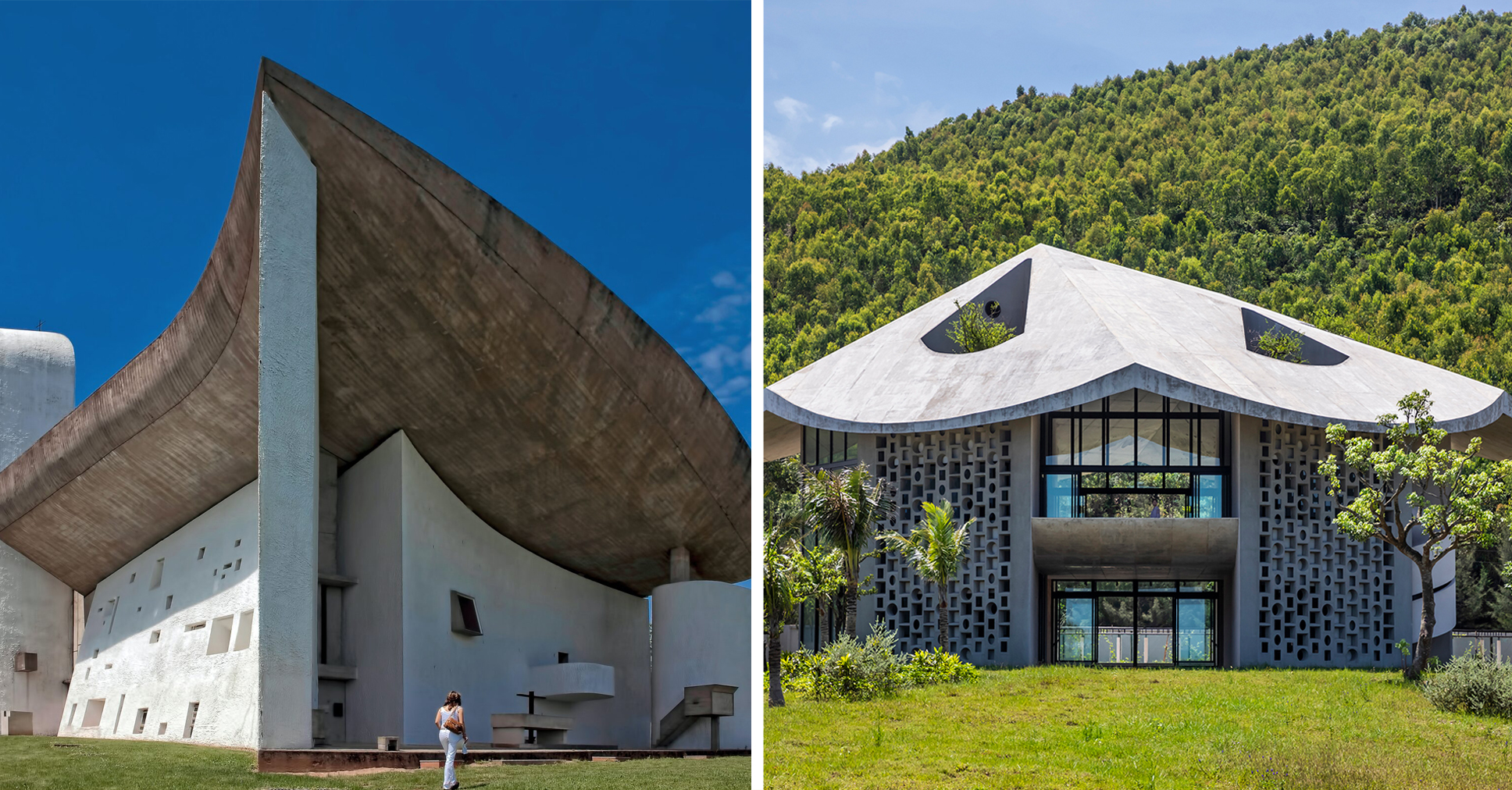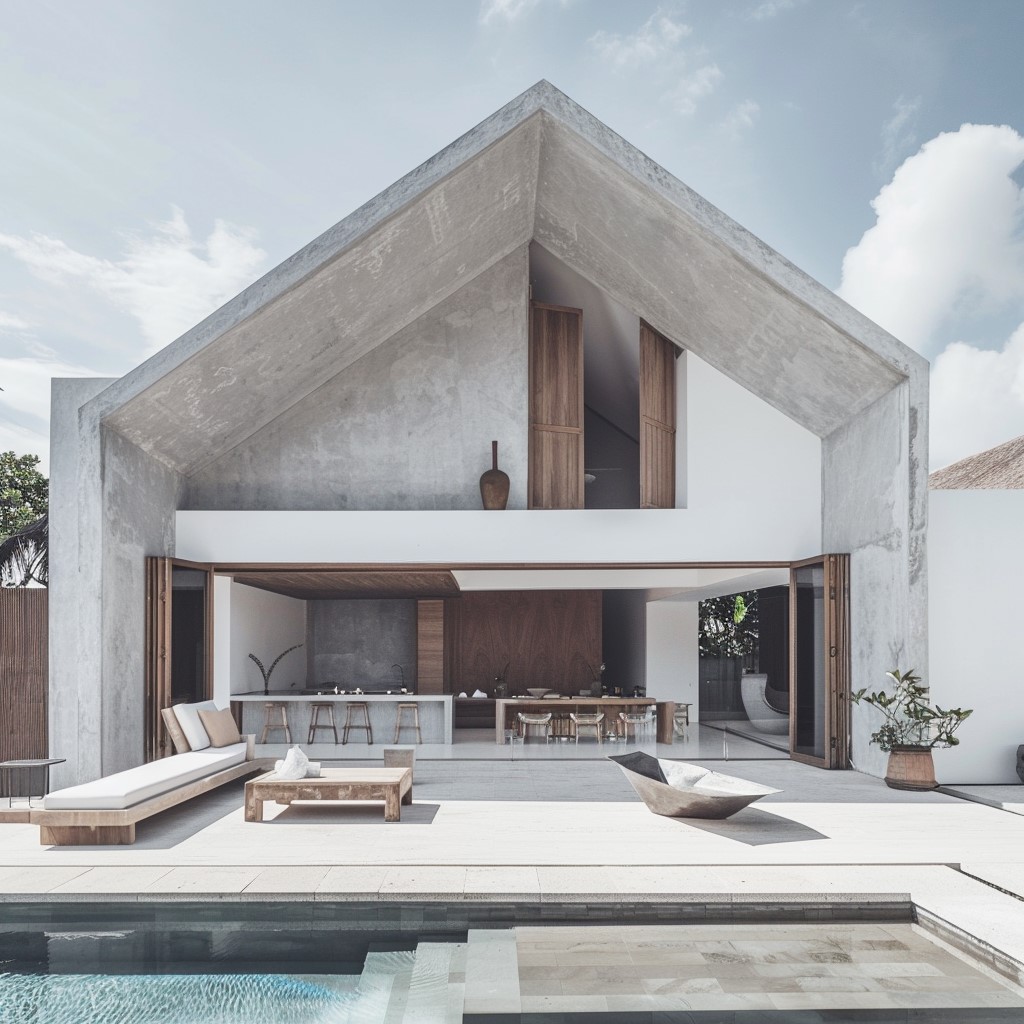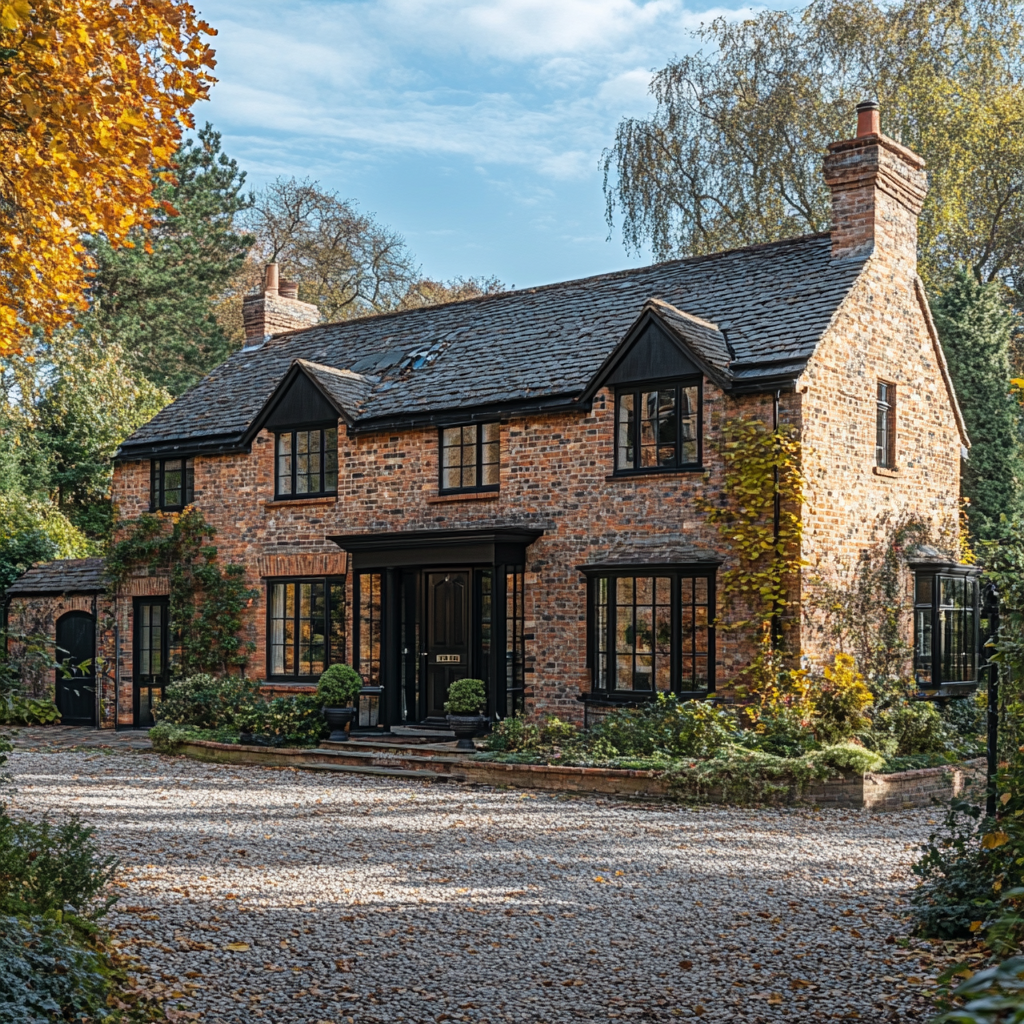Exploring the Art of Beauty in the Flawed and Impermanent
In the whirlwind of the modern age, where the pursuit of perfection and the new often overshadows the essence of life, Wabi-Sabi offers a profound perspective on beauty and existence. Originating from Japan, this aesthetic philosophy embraces the transient nature of life, finding depth and elegance in the imperfect, impermanent, and incomplete. Through the exploration of Wabi-Sabi, we uncover a path to a more mindful and fulfilled existence, one that appreciates the beauty in the weathered and the worn, the story behind the scars, and the quiet elegance in simplicity. This exploration delves into the principles of Wabi-Sabi, its manifestation in art, architecture, and daily life, and how its timeless wisdom can inspire a more harmonious way of living in our contemporary world.
Wabi-Sabi’s roots lie in the heart of Japanese tea ceremonies, where the choice of utensils reflects a beauty found in asymmetry and asperity. This concept extends beyond material items to a broader philosophical approach to life, advocating for living that values authenticity over superficiality, the cycles of nature, and the beauty of growth and decay. It teaches us to find peace in the inevitable changes of life, urging us to live more consciously and appreciatively.

Credit: Victoria Strukovskaya via Unsplash
Design and architecture enriched by Wabi-Sabi convey a quiet yet significant message, prompting us to slow down, contemplate, and find solace in the unadorned. The rustic charm of handcrafted pottery, the understated elegance of traditional Japanese gardens and dwellings, guide us towards embracing the natural, the textured, and the stories they embody. This philosophy motivates designers to craft pieces that resonate with the essence of existence, celebrating the harmony with nature and authenticity over the contrived or superficial. Buildings that linger in memory often defy conventional beauty. An element of distinctiveness—sometimes an intentional flaw—can make architecture memorable, akin to how unique facial features add character to a person. Wabi-Sabi encapsulates this concept, finding joy in the patina of age and the irregularity of natural wear. This aesthetic doesn’t extol imperfection but cherishes objects that brush against perfection before revealing their authentic, flawed beauty, grounding them in reality rather than abstraction.
This principle is absent in designs born from artificial intelligence and in places like Brasilia, where a sterile perfection prevails. Such environments underscore a departure from International Style’s pristine simplicity, which lacked Wabi-Sabi’s depth, making room for postmodernism’s reintroduction of whimsy and ornamentation. Yet, the true spirit of Wabi-Sabi, emerging organically from interaction with the natural world, cannot be intentionally manufactured.
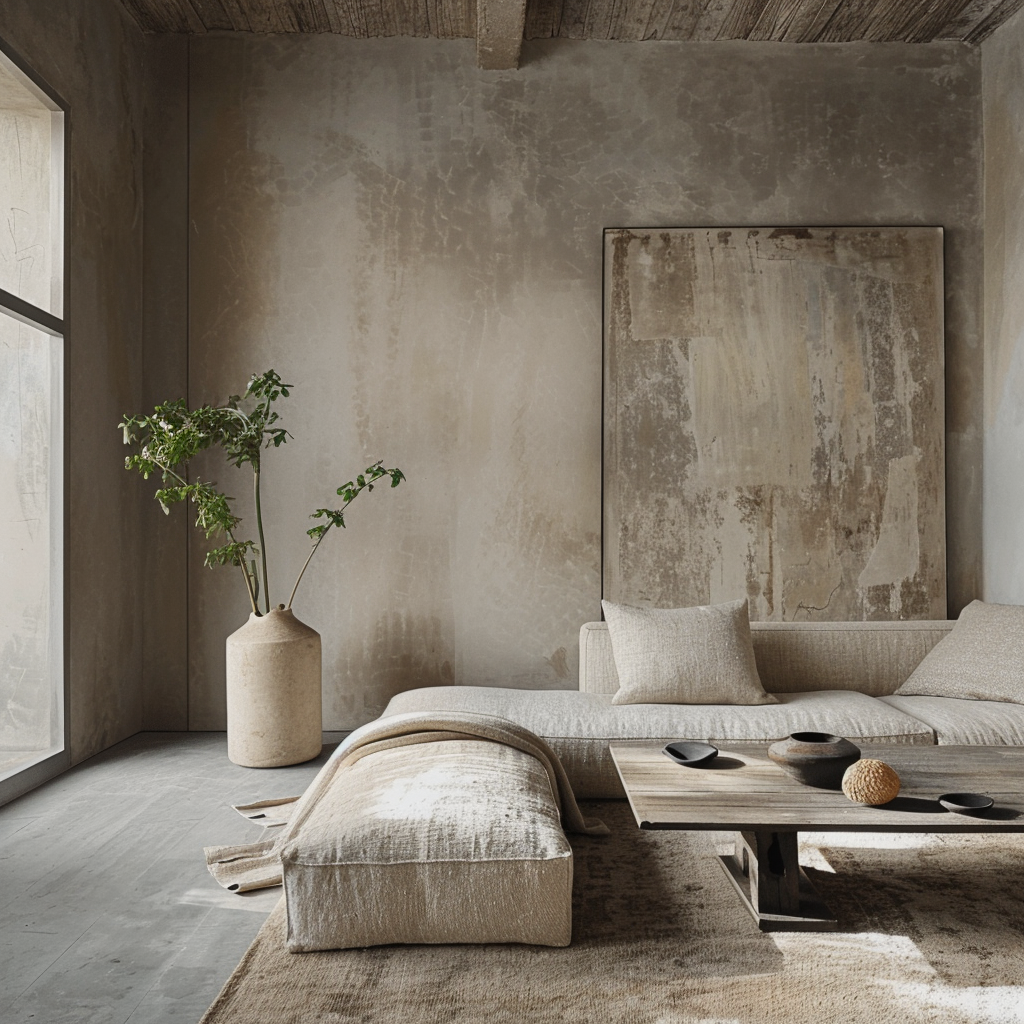
Amidst this backdrop, some modern structures manage to naturally embody Wabi-Sabi’s allure. The Kaleidoscope by Inrestudio, situated amidst Vietnam’s natural landscape, serves as an exemplar. Despite its initial brutalist appearance, the building unveils a unique character through an asymmetrical roof and an eclectic mix of design elements, merging utility with an aesthetic that stands out yet feels integrated with its environment.
Such design strategies—melding functionality with an instinctive aesthetic—echo the foundational aspects of Wabi-Sabi, fostering an architecture that breathes and evolves with its surroundings. This nuanced embrace of environmental synergy and imperfection crafts spaces that are not only functional but also imbued with an inherent, memorable charm.
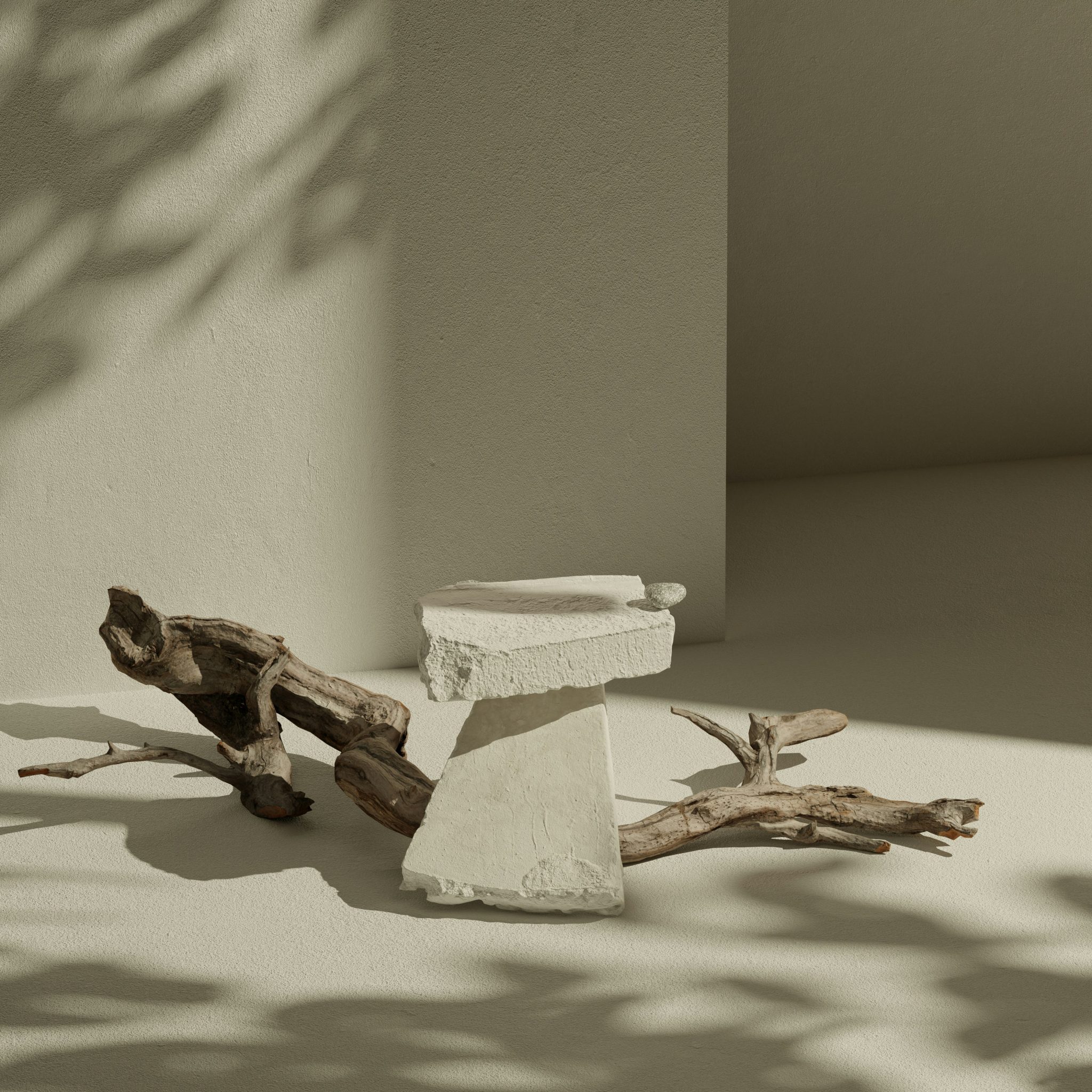
Credit: Taitopia Render via Unsplash
In the midst of today’s rapid changes, a deep longing for tangible authenticity endures, acting as a beacon of memory and personal connection. Personally, I’ve discovered that items like books and vinyl records resonate profoundly with the principles of Wabi-Sabi, celebrating the beauty found in imperfection and the passage of time. Books, for me, become more than just objects; they transform into markers of significant moments, enriched by my own annotations and the tactile joy of turning their pages. Similarly, the unique crackle of a cherished vinyl record carries a wealth of stories, each pop and hiss enhancing the listening experience while conveying the item’s history and the memories associated with its acquisition. This knowledge of each record’s origin, coupled with the emotions of that period, contrasts sharply with today’s culture of disposability, emphasizing the value found in objects that hold stories and memories.

Credit: Eran Menashri via Unsplash
Reflecting on this concept, I am reminded of an insightful interview with Brian Eno, where he delves into the intrinsic value of imperfection, providing a perspective that deeply resonates with Wabi-Sabi’s essence. Eno articulates the appeal of the imperfect by suggesting that “The least interesting sound is the perfect soundwave; it’s the sound of nothing happening. The sound of perfection, and it’s boring. Distortion is character, basically. In fact, everything we call character is the deviation from perfection. So, to me, perfection is characterlessness.” This viewpoint not only underscores the allure and character found in imperfection but also invites us to appreciate the unique stories and identities that emerge from embracing our world’s and our creations’ inherent flaws.
As we navigate through the complexities of modern existence, the principles of Wabi-Sabi provide a guiding light towards a more meaningful and satisfying way of life. This philosophy teaches us that true beauty lies not in the flawless or the eternal but in the ephemeral and the flawed. By embracing the imperfections within ourselves and the world around us, we open the door to a more authentic, compassionate, and fulfilling existence. Wabi-Sabi, with its celebration of the natural cycle of life, reminds us that in the acceptance of transience and imperfection lies the path to a profound and beautiful truth about the human condition. In this embrace, we find not only peace with the world but also, and most importantly, peace within ourselves, offering a counterbalance to the fleeting allure of the digital age with the timeless beauty of imperfection and the tangible.
Let this be your invitation to pause, reflect, and find beauty in the perfectly imperfect corners of your life. Start by observing the objects and spaces around you through the lens of Wabi-Sabi. Appreciate the stories they tell, the wear they show, and the unique character they bring into your life. Allow this perspective to inspire your choices in design, creativity, and everyday living. Embrace imperfection not just as an aesthetic principle, but as a path to deeper authenticity and connection. How will you let Wabi-Sabi influence your world today?



